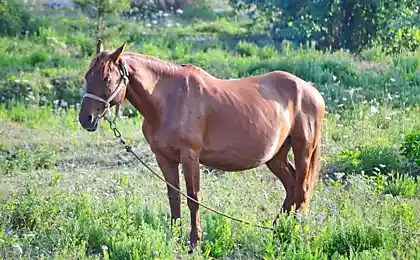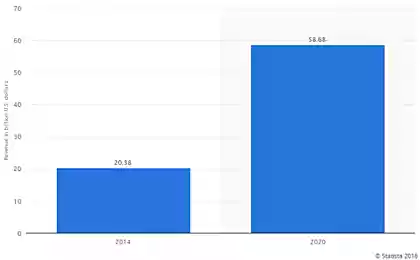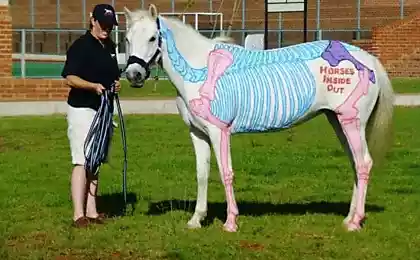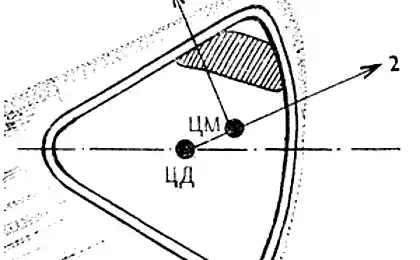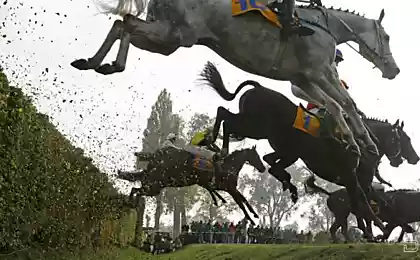1004
"Clever Hans Effect" - the psychological effect discovered by a horse that knows how to count
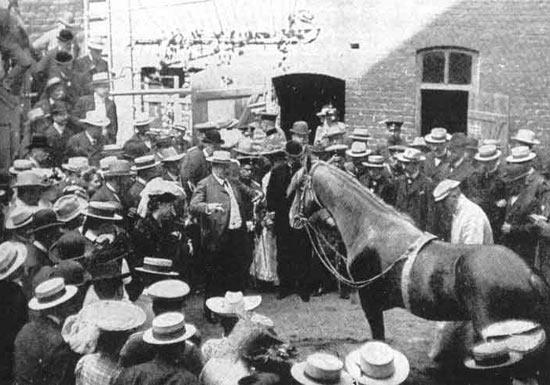
A horse named Hans belonged to Wilhelm von Austin, a teacher of mathematics in one of the high schools, as well as phrenology amateur. At that time - thanks largely to the rising popularity of Charles Darwin's theory - of the research and not only the public was keen on the possibility of the existence of intelligence in animals, and it is on the basis of these sentiments background Austen once decided to test how smart his horse, which led to a very striking result . If you believe the surviving description of the representations, the Hans knew how to add, subtract, multiply and divide relatively large numbers to make the same calculation with fractions, specify the exact time a specific date in the calendar, and even read or have hearing words and whole phrases in German. All questions answered Hans amount of hoof beats on the ground. Among the questions to which the answers he gave were not only such as "How much is 12 + 12?", But also, for example, "If the eighth day of the month falls on a Tuesday, in what day in a row will be next Friday?". And, surprisingly, the questions could be given not only the background of Austin and not only verbally but also in writing - Hans "read" the issue with the help of his hooves giving an answer. It should be noted that Hans gave correct answers than questions everything, even his master, not to mention other people's questions, however, the percentage of correct answers was remarkably high.
Soon Wilhelm von Austin already gave the whole street performances with his amazing horse, with after a while began to travel with him throughout Germany, gathering sometimes real crowds on impromptu performances, enjoying high popularity - perhaps not least because I never took money from people for the right to look at a horse or ask him a question. After a while an article on Hans was published in the American newspaper New York Times, followed by an amazing horse had a relatively well known around the world and attracted the attention of scientists including.
During the investigation of phenomenal abilities took German psychologist Oscar Pfungst. After all conducted their studies in which it was how to ask Hans questions and then himself "as a horse," and highlighting the later "the characteristics of the right answer" as a "signal" of gestures, facial expressions and so on, he concluded that the person asking the question and knowing the right answer to it will not help "serve" these "signals" in charge - regardless of whether he wants to or not; the difference may be only in the degree of manifestation of these "signals" behavior: they can drown, making almost imperceptible, but can not completely suppress. This theory is called "Clever Hans Effect».
The recognition of the truth of this theory has significantly changed the process of organizing a variety of experiments to study the behavior of animals and even humans.
Source: ru.wikipedia.org
via factroom.ru
10 of the world's most unusual school
About 8% of suicides involving firearms committed several shots






